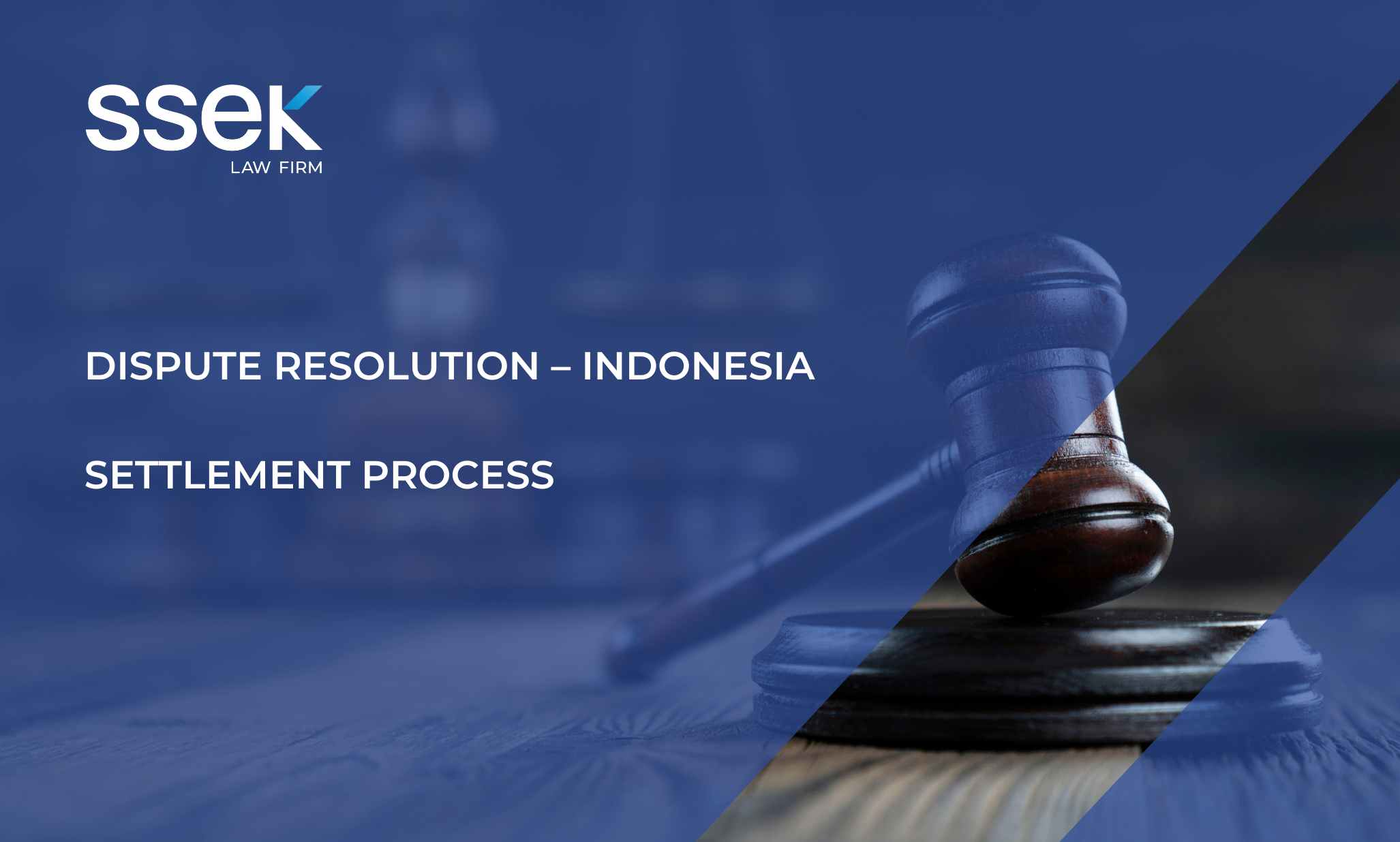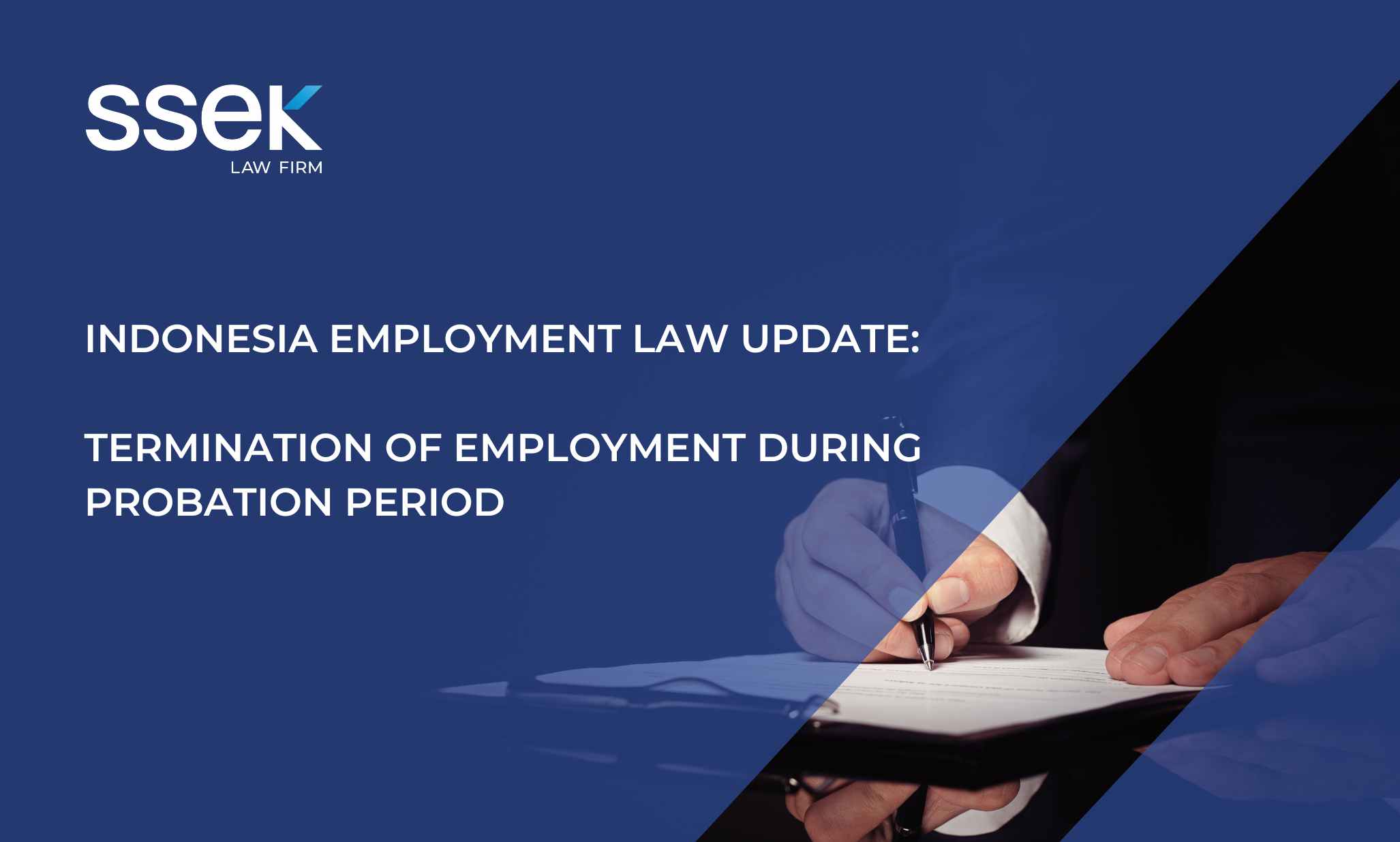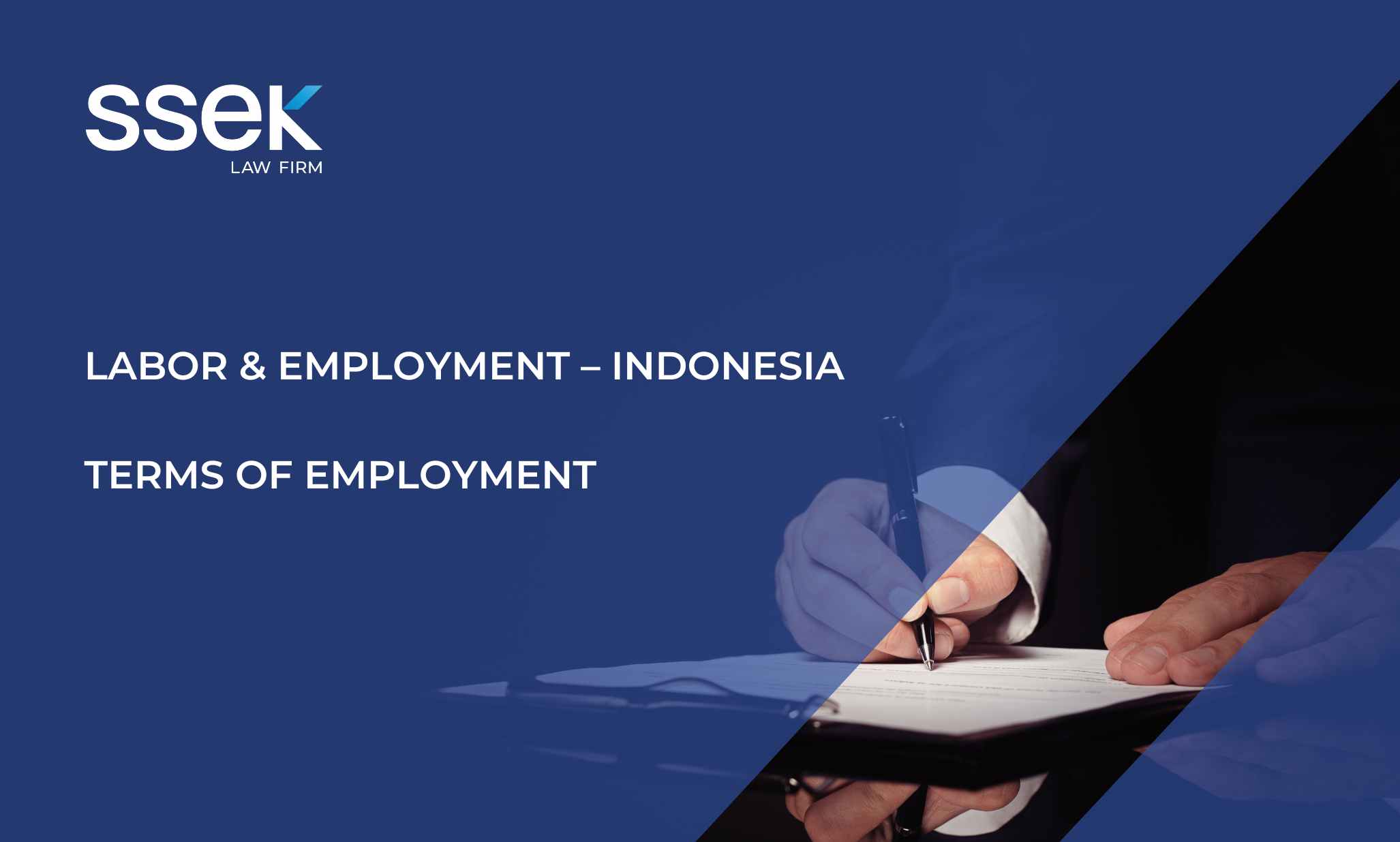

Indonesia's closely watched omnibus jobs creation bill recently became law. The stated aim of Law No. 11 Year 2020 on Jobs Creation (the "Omnibus Law") is to bolster investment and create jobs by streamlining regulations and simplifying the licensing process to improve the ease of doing business in Indonesia.
The Omnibus Law revises various provisions in laws across multiple sectors of the economy, including Law No. 5 of 1999 regarding Prohibition of Monopolistic Practice and Unfair Business Competition ("Competition Law"). The Omnibus Law amends four articles and deletes one article from the Competition Law. At a glance, the changes may appear to be minor, but these small changes may have big consequences for business players, domestic and foreign alike.
We discuss the noteworthy changes and the potential consequences of these changes.
Changes to Appeal Procedure
The Omnibus Law amends two articles that deal with the process of appealing a decision of the Business Competition Supervisory Commission (Komisi Pengawas Persaingan Usaha or "KPPU"). These changes are meant to designate the Commercial Court as the venue for any appeal of a KPPU decision. Previously, the appeal had to be submitted to the relevant district court. Now the Commercial Court, which specializes in handling commercial disputes such as bankruptcy, liquidation and intellectual property disputes, will have jurisdiction over competition matters.
It remains to be seen how the new appeals procedure will unfold in practice, particularly whether the civil procedural law will apply to the appeals process in the Commercial Court for competition cases. The Omnibus Law only mandates the issuance of an implementing Government Regulation to address the imposition of administrative sanctions; there is no mandated Government Regulation to further clarify the new appeals process. Therefore, we will have to wait and see whether, despite not being directly mandated, the Government will provide some clarity to the appeals process in the Government Regulation to be issued or whether the Supreme Court will issue a circular letter to fill the void.
Removal of Administrative Fine Cap
Perhaps the most significant change to the Competition Law is the deletion of the cap on administrative fines imposed by the KPPU. Formerly, under Article 47 of the Competition Law, the KPPU could impose administrative fines of between IDR1 billion and IDR25 billion. Under the Omnibus Law, Article 47 of the Competition Law is amended to remove the IDR25 billion cap. This means the KPPU may have the power to impose even larger administrative fines for violations of competition laws and regulations.
This could be most significant in the case of merger filings. The current implementing Government Regulation on merger filing, Government Regulation No. 57 of 2010, stipulates that the KPPU may impose an administrative sanction in the amount of IDR1 billion per day for a delay in submitting a merger notification to the KPPU up to a maximum amount of IDR25 billion, consistent with the power granted to the KPPU under the original text of Article 47 of the Competition Law.
Removing the cap on the administrative fine would potentially give the KPPU the power to impose a daily administrative fine without limit until the merger filing is made to the KPPU. If this proves to be true, business players would need to carefully consider the potential higher exposure on merger filings and any other competition regulations applicable to them.
Limited Imposition of Criminal Sanction
While we have seen the potential expansion of administrative sanctions through the removal of cap on administrative fines, the Omnibus Law also amends Article 48 and deletes Article 49 of the Competition Law to limit the scope of potential criminal sanctions.
Formerly, the Competition Law stipulated criminal sanctions for various violations of the Competition Law, including oligopolistic practices, price-fixing, cartel practices, vertical integration and abuse of dominant market position. Under the Omnibus Law, Article 48 is amended so that only a violation of Article 41 of the Competition Law - refusing to provide evidence or hindering the investigation process - might potentially result in a criminal sanction in the form of a maximum IDR5 billion fine or imprisonment for one year.
The Omnibus Law also deleted Article 49 of the Competition Law on additional criminal sanctions that may be imposed. Previously, for violations of the Competition Law, additional criminal sanctions could be imposed in the form of revocation of licenses, prohibition on the violating party acting as the director or commissioner of a company, or suspension of business activity.
Key Takeaway
The removal of the cap on administrative fines is concerning because business players would be exposed to unlimited administrative fine. However, we see the Government trying to balance this new risk by limiting the potential exposure to criminal sanctions for violations of the Competition Law. It remains to be seen if this effort will strike the kind of balance that would encourage business players to enter and stay in the Indonesian market.
As with other provisions under Omnibus Law, we will have to wait until the mandated implementing Government Regulation is issued for further clarity on the above changes.
We will update this publication when more information is available for our review.
This publication is intended for informational purposes only and does not constitute legal advice. Any reliance on the material contained herein is at the user's own risk. All SSEK publications are copyrighted and may not be reproduced without the express written consent of SSEK. The contents of this publication may change subject to the issuance various implementing regulations for the Omnibus Law.









